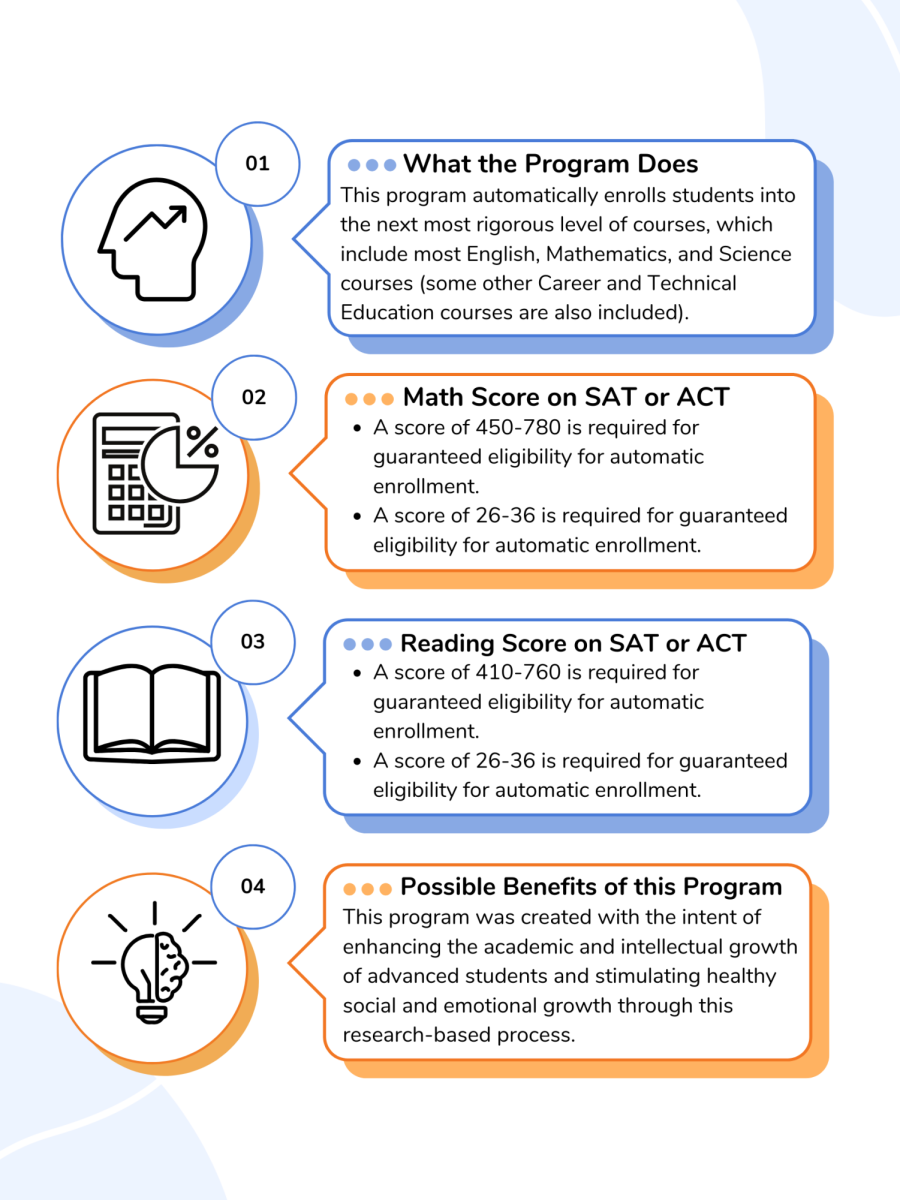
On Nov. 4, Illinois’ now-former governor, Democrat Patrick Quinn, was defeated by 4 percent in the 2014 election by Republican Bruce Rauner, who was sworn into the governor’s office this past Monday.
While Governor Rauner’s term has just barely begun, speculations as to what will be prioritized on his agenda are on high. One of the most pressing issues on Governor Rauner’s to-do list is job creation. The recession of 2008 hit Illinois particularly hard, and the state has not since been able to make a full recovery from the economic downturn’s deleterious effects. As of this past November, the state’s unemployment rate was at 6.4 percent, an all-time low since the recession. Despite Illinois’ economic progress, this rate is still higher than the national average of 6.3 percent, according to the Chicago Tribune.
“I’m hoping that if there is money spent on infrastructure, that will put people to work,” LHS government teacher Ms. Amy Holtsford noted. “I think, also, we’re fortunate in Libertyville that our class sizes are not as big as they are in other places. So I’d like to see some public money going to districts that really need more teachers.”
However, job creation is a long process with no foolproof method. In fact, Ms. Holtsford believes that if anyone had a definitive answer to the job creation dilemma, they would be elected almost immediately.
One of the biggest topics in question is the distribution of the state budget. Where and how Illinois’ limited budget should be spent is a highly contested issue that has created nearly palpable tension between parties in the state legislature. Because states cannot borrow money, the governments of the states must maintain balanced budgets, thus leaving little room for generous spending.
“The fundamental problem is that the Illinois state legislature and the governor have increased spending by about $6 billion [over the last 20 years], but they haven’t necessarily increased revenue,” Mr. Dennis Duffy, LHS current issues teacher, said.
According to Mr. Duffy, in order to allow more elbow room in the state’s already tight budget, the legislature has begun to compromise medicaid (federal financial aid provided to Americans who cannot afford health care) reimbursements.
“My wife is a physical therapist. Her hospital handles medicaid patients. They have to wait eight months or nine months to get paid by the state for the services they’ve provided for medicaid patients. Well, in the real world, the business world, if you’re waiting more than 90 days to get paid, that’s technical default. If an employer fails to pay someone for 90 days, they’re essentially bankrupt. Well, the state’s waiting 270 days, they’re that far behind.”
Throughout American politics and elections, one issue stands out as unreservedly polarizing, earning its place among the ranks of issues such as abortion and gun rights: taxes. During his campaign, Governor Rauner asserted that taxes are too much of a financial burden on middle-class families. There is, however, a discrepancy in that his pledge to cut taxes for middle class families will create a several billion-dollar hole in state revenue that will be as difficult to fill as jobs are to create. Illinois is known for being one of the tax-heaviest states in the country, according to Mr. Duffy.
“Well that’s a pittance compared to how much tax you pay to the federal government… Well yeah, taxes are squeezing the middle class, and they have for decades, but then the amount that Illinois taxpayers pay, relative to that burden they bear at the federal level is just light years apart,” he said.
But the problem is not so much taxes; rather, the problem is the governor’s limited ability to lower them.
“The impact he can have on state taxes is marginal because what can he get from his state legislature? We keep coming back to the same issue. That is the $64,000 question — how nice is he going to play? He has to play nice with [Illinois House Speaker] Madigan and [Illinois Senate Majority Leader] Cullerton. If they decide not to play with him, there’s not a lot Rauner can do about it…”
It seems to many that Governor Rauner’s progress will be limited by the high concentration of Democrats in both the state House of Representatives and Senate, under the supervision of Madigan and Cullerton, respectively. The Illinois legislature has long been a Democratic institution, and this time around, both chambers of Congress are ruled by a two-thirds majority of Democrats. This surplus of liberal representatives and senators is an enormous strategic advantage for the Democrats — like in the federal government, in order to override a veto by a governor, both chambers of Congress must vote to counter the veto by a two-thirds majority. The state’s Republican governor will have to compromise, Mr. Duffy says, in order to push his priorities through. History has recorded many such conflicts of interest in politics time and again, many of which were fueled by an unwavering unwillingness to concede.
As the year progresses, many forecast that Governor Rauner will have a difficult term ahead of him. With a Democratic House of Representatives and Senate, if one thing is for certain, it’s that the new governor will have to shake hands across the aisle and view his Democratic colleagues not as obstacles, but as fellow Americans who keep the state’s best interests in mind.












